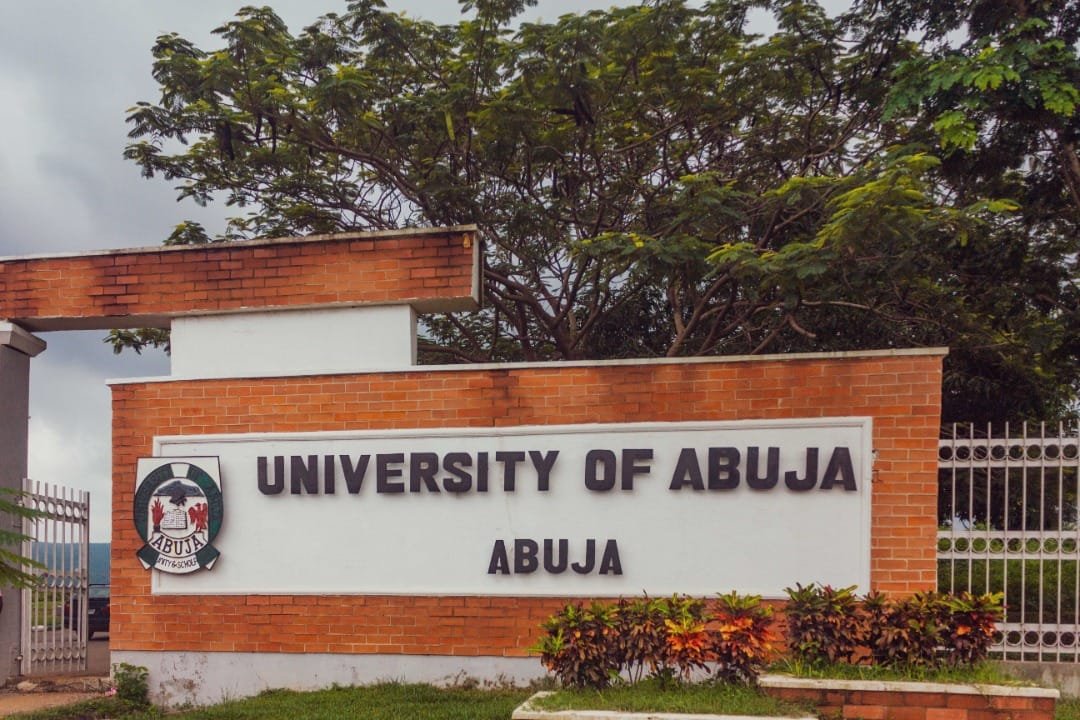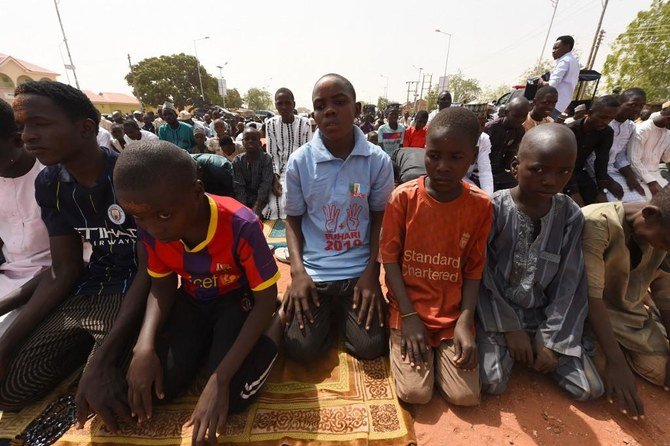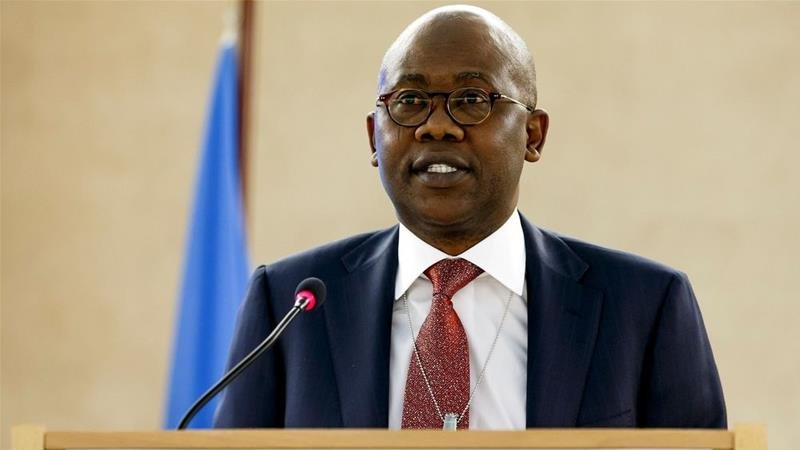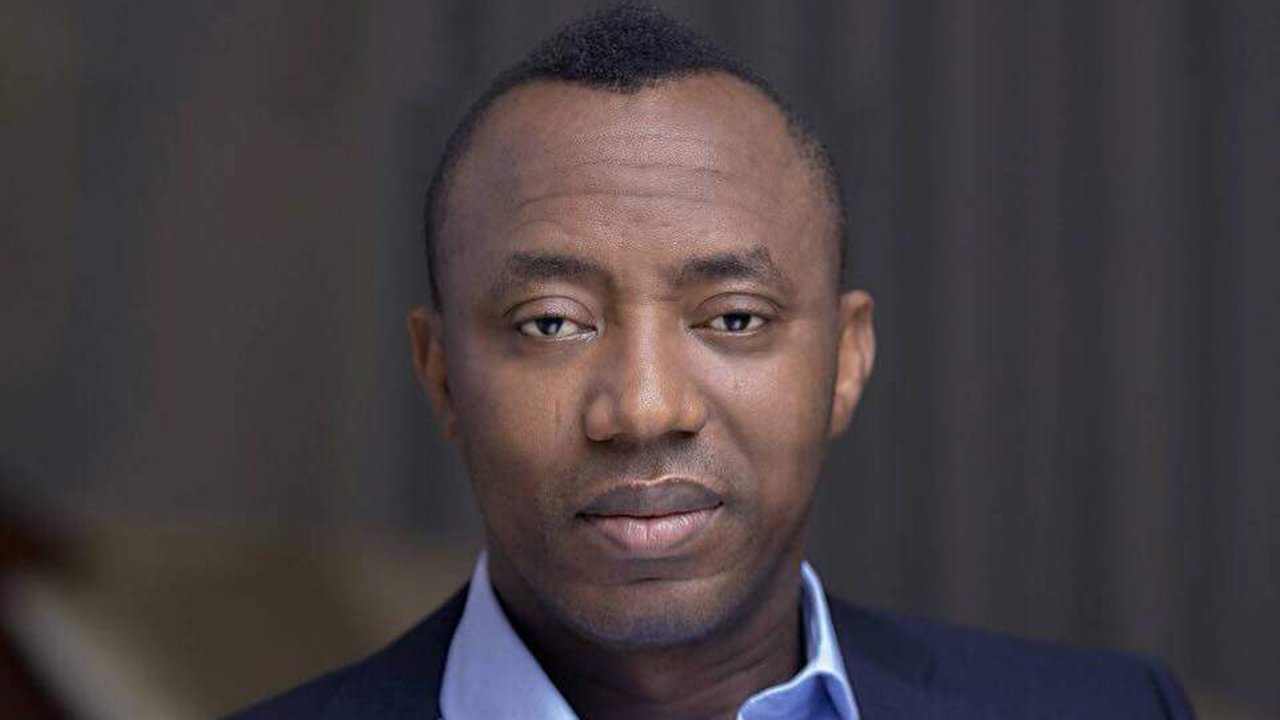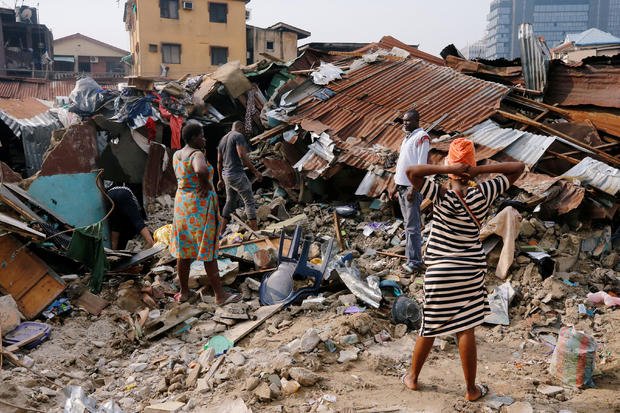Some polling stations remained open across Nigeria on Sunday, while votes were counted in Saturday’s presidential election, widely seen as a tight race between the president and a former vice president.
Although voting was said to be peaceful in most areas of Africa’s largest democracy, there were a few outbreaks of violence in the vast West African country. Analysis unit SBM Intelligence, monitoring the security situation for a civil society platform, said at least 35 people had been killed, citing its own informants and media reports.
After widespread reports of polling stations opening hours late, electoral officials allowed voting in certain areas on Sunday including in Plateau, Jigawa and Nasarawa states.
Voting was taking place “in several places,” Oluwole Osaze-Uzzi, an electoral commission spokesman, told The Associated Press, without giving details.
More than 72 million people were eligible to vote in Africa’s most populous country and largest economy.
President Muhammadu Buhari, a former military ruler who unseated the incumbent in the 2015 election, seeks a second term against more than 70 candidates. His main rival is Atiku Abubakar, a former vice president and billionaire businessman who has made sweeping claims of reviving an economy still limping back from a rare, months-long recession.
Many Nigerians, appalled that their country recently became the world leader in the number of people living in extreme poverty, said the election will be decided by economic issues. Nigeria slipped into recession under Buhari when global oil prices crashed, with unemployment growing significantly to 23 percent and inflation now above 11 percent.
One of the largest domestic observer groups, Watching the Vote, told reporters that Nigeria had missed its chance to improve on the 2015 election, seen as one of the most transparent in the country’s history.
Logistical problems caused 59 percent of the polling stations monitored to open late, and misconduct at some stations hurt people’s ability to vote. Those issues, however, didn’t necessarily undermine the election’s credibility, spokesman Hussaini Abdu said.
In the northern city of Kano, tempers flared at one vote compilation center where unaccredited Abubakar supporters alleged that ballots from a couple of polling units hadn’t been counted. Amid shouting, security personnel pushed them out of the courtyard’s metal door.
A ruling party supervisor, Joy Bako, watched in exasperation after she spent a sleepless night standing guard over results along with many party agents across the country.
“It was free and fair,” she said. “Nobody was arguing. I’m surprised at all this noise.”
Observers and others who visited multiple compilation centers reported a peaceful process in a region where voters were expected to largely support Buhari.
Even one Abubakar supporter, Abubakar Ali, paused from the ruckus to acknowledge that “everything was going clear.” But many people did not come out to vote as compared to 2015, he said.
Godwin Ugbala, who spent the election as an agent for one of Nigeria’s dozens of small political parties, reported a smooth voting day. He also added his voice to the frustration with Buhari.
“This one failed us in so many ways,” Ugbala said. “No business. Everything is tired.” He voted for Buhari in 2015 but said the president had “betrayed” the people by not following up on his promises to tackle insecurity and corruption.
Nigeria’s election was held a week late after the electoral commission cited several logistical challenges including bad weather.
Some observers have said final results could be announced on Tuesday.

